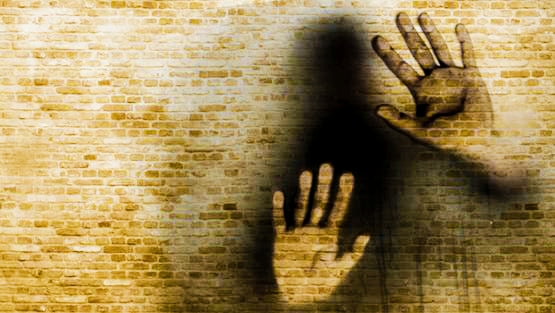In an incident that shook Algerian society and sparked a wave of shock and sorrow, a girl locked herself inside her home for a full 25 years after failing her baccalaureate exam.
The house where the girl was held for a quarter of a century appeared in a video circulating on social media, looking dilapidated and filled with items scattered haphazardly, reflecting the painful reality of her long isolation.
Neighbors reported that she refused any attempts at intervention, as she would abuse and curse anyone who approached her, to the extent that even her siblings, who shared the family home, were unable to get her out or help her during that time.
After one neighbor filed a report, security and civil protection authorities intervened to rescue her from this unfortunate situation.
Social media users reacted to the story, expressing their deep astonishment and questioning the reasons that led to the girl living this suffering without care or support for all these years.
Some even wondered whether there was deliberate neglect from the community or family, emphasizing the need for an investigation into this neglect, especially since early psychological intervention could have prevented the deterioration of her condition.
In a scientific comment, sociologist Abdel Hafiz Sondouqi stated that the effects of psychological trauma vary based on many factors, including the nature of the trauma and the surrounding environment, confirming that early psychological and therapeutic intervention increases the chances of the patient's recovery or at least reduces the worsening of their condition.
Sondouqi added that leaving the girl in this state for a long time reflects the changing reality of Algerian society, where neighborhood ties and social solidarity, which were much stronger in the past, have diminished, sometimes resulting in similar tragic cases, such as discovering the deaths of people in their homes after a long time without anyone knowing their condition.
The specialist concluded by affirming that this social disintegration, resembling what happens in Western societies, has exacerbated cases of isolation even within the same family, making such painful stories more prevalent.
This tragic story raises significant questions about the role of society and family in caring for individuals undergoing psychological crises, and the urgent need for more effective psychological and social support to prevent the recurrence of such cases.

